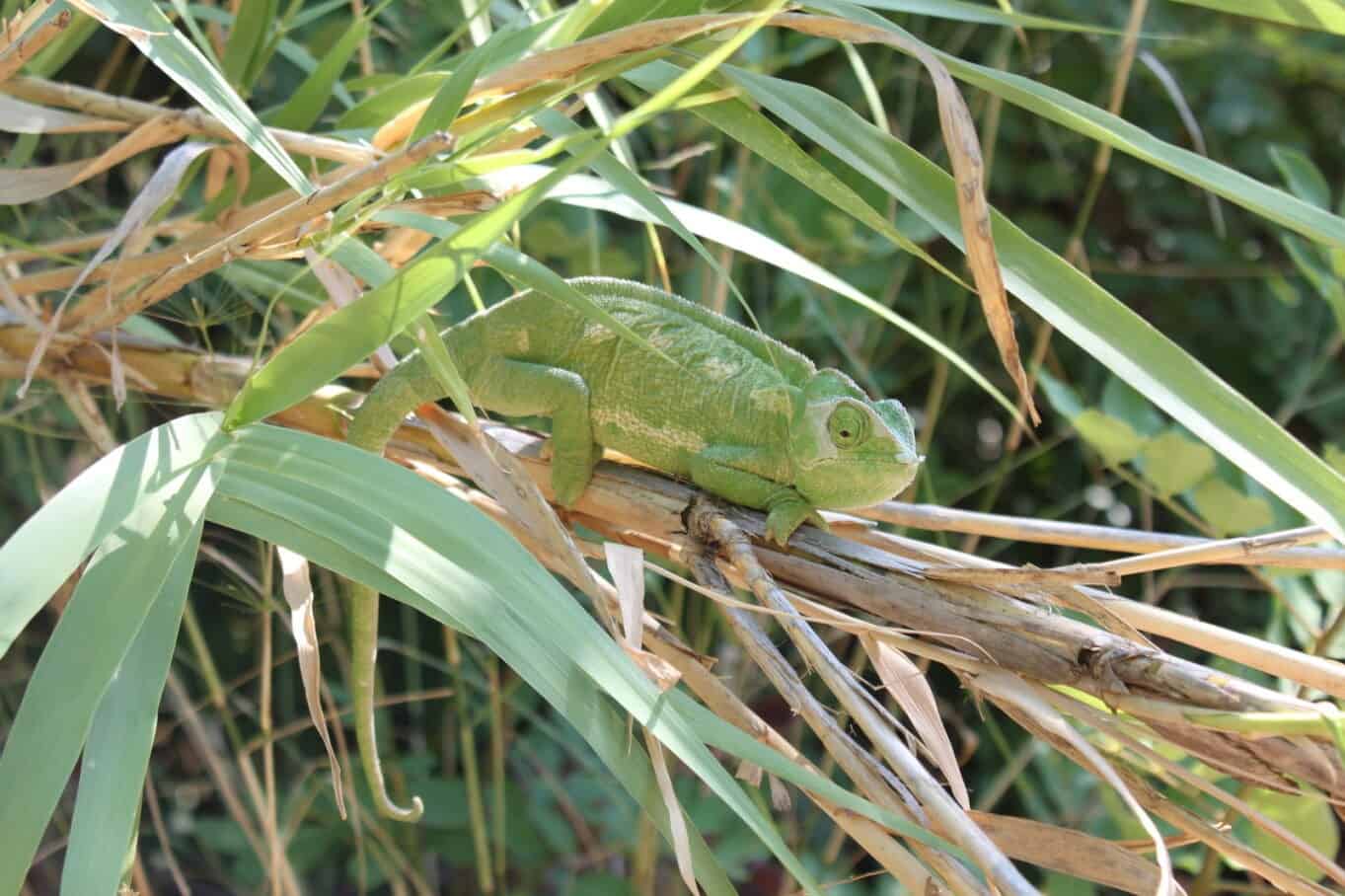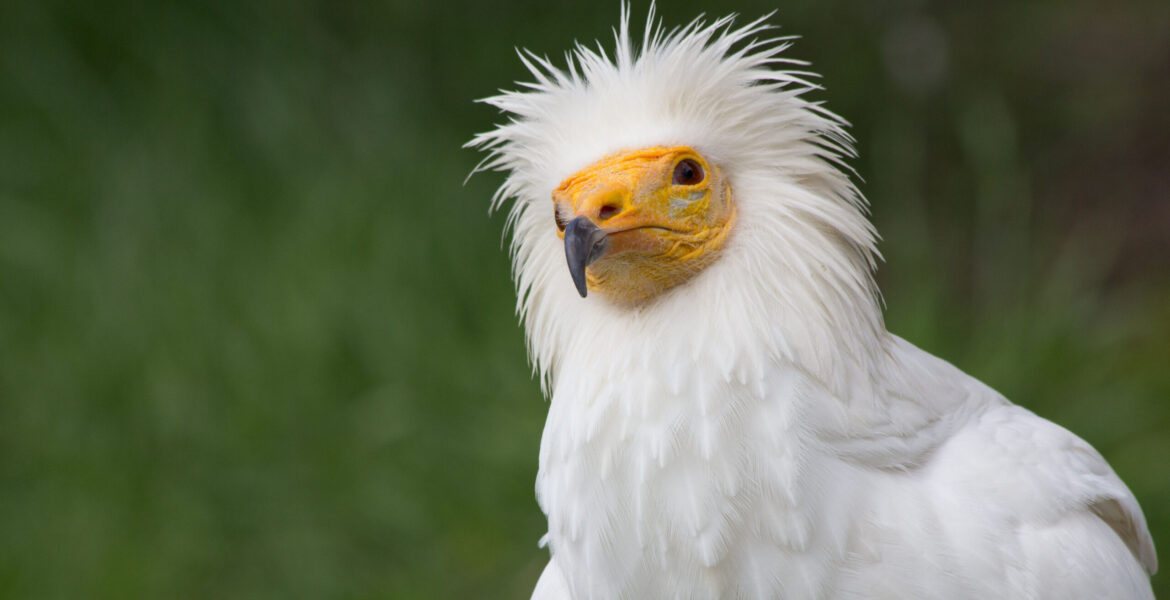On the occasion of European Natura 2000 Day, marked annually on May 21, the Ministry of Environment and Energy in Greece has released concerning findings regarding the country's biodiversity. According to the Red List compiled by OFYPEKA, a staggering 21.5% of animal, plant, and fungal species assessed are under threat.
The Red List, which serves as a comprehensive database for Greek biodiversity, identifies over 11,500 endangered species in the country. Spearheaded by the Natural Environment and Climate Change Agency (OFYPEKA), in collaboration with a network of 140 Greek and international scientists, the assessment evaluates species across various taxonomic groups to classify their risk of extinction.
Globally, 28% of species assessed by the International Union for Conservation of Nature (IUCN) face threats. In Greece, this percentage stands at 21.5%, highlighting the precarious state of the nation's biodiversity. Among the taxonomic groups assessed, plants, animals, and fungi are all significantly affected, with percentages of threatened species ranging from 18.7% to 34.8%.
Key findings indicate alarming levels of threat, with notable percentages of birds, mammals, reptiles, amphibians, and invertebrates facing extinction. While conservation efforts have yielded positive outcomes for some species, such as the sea turtle Caretta caretta and the common turtle Falco naumanni, many others remain vulnerable.
In terms of individual taxonomic groups, 18.7% of the plants, 22.6% of the animals and 34.8% of the fungi assessed are threatened. In particular, 28.3% of birds, 31.3% of mammals, 13.3% of reptiles, 34.6% of amphibians and 21.5% of invertebrates are threatened with extinction.
The species Chamaeleo chamaeleon in Greece, assessed as endangered (EN), is found only in Samos. According to OFYPEKA, it is threatened by habitat destruction due to fires, agricultural mechanisation and tourism development, illegal trade, road mortality and natural predators.

The Red List data serve as a critical resource for conservation initiatives and policy development aimed at preserving Greece's natural heritage and ensuring sustainable resource management. Furthermore, the assessment contributes to the global effort of species conservation, with endemic Greek species gradually integrated into the IUCN's Red List of Threatened Species.
European Natura 2000 Day underscores the significance of nature conservation efforts, with Greece actively participating in the Natura 2000 network. As one of the largest networks of protected areas globally, Natura 2000 plays a vital role in safeguarding endangered species and preserving areas of high environmental value, facilitating a harmonious balance between human activity and nature.
(Source: Kathimerini)


